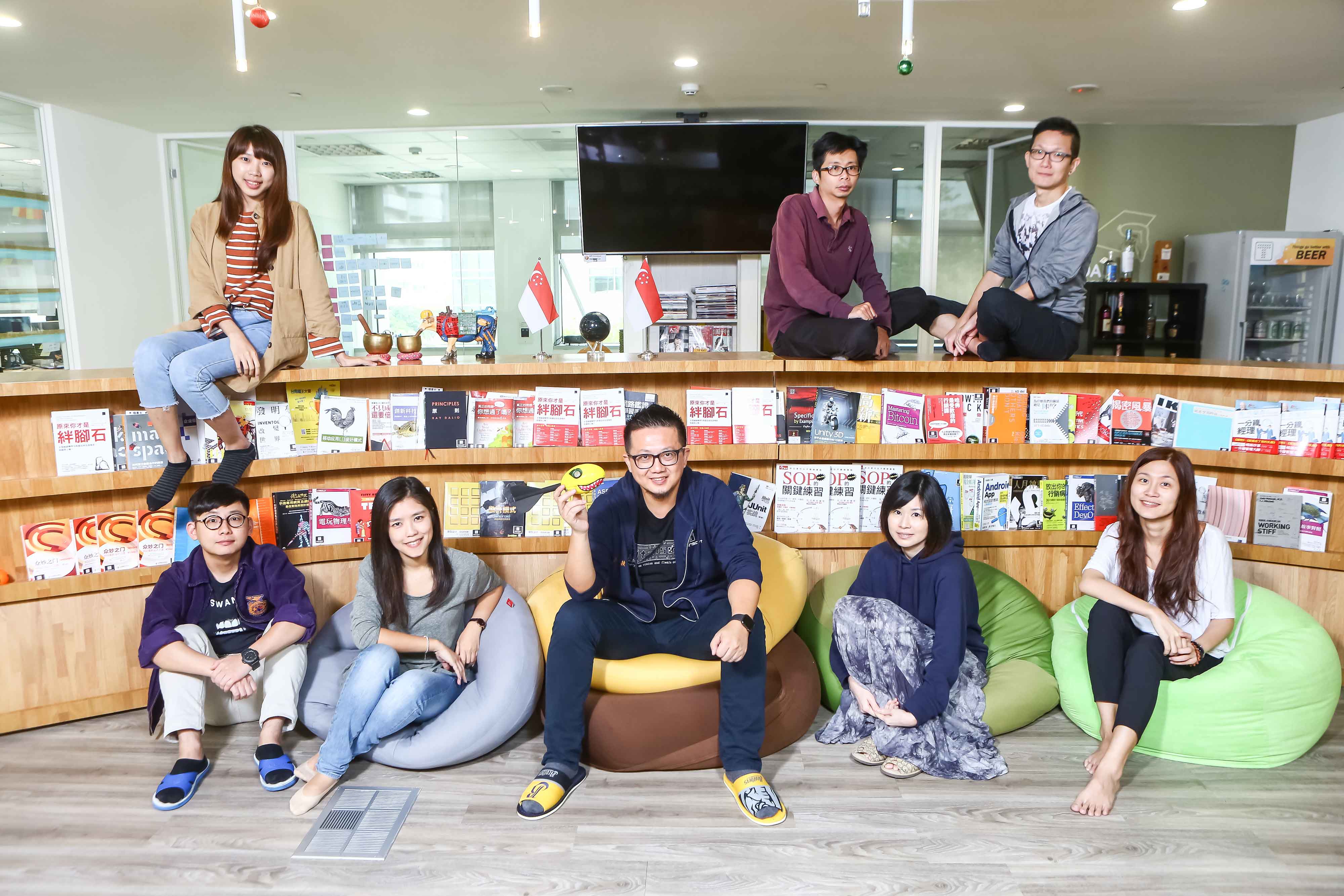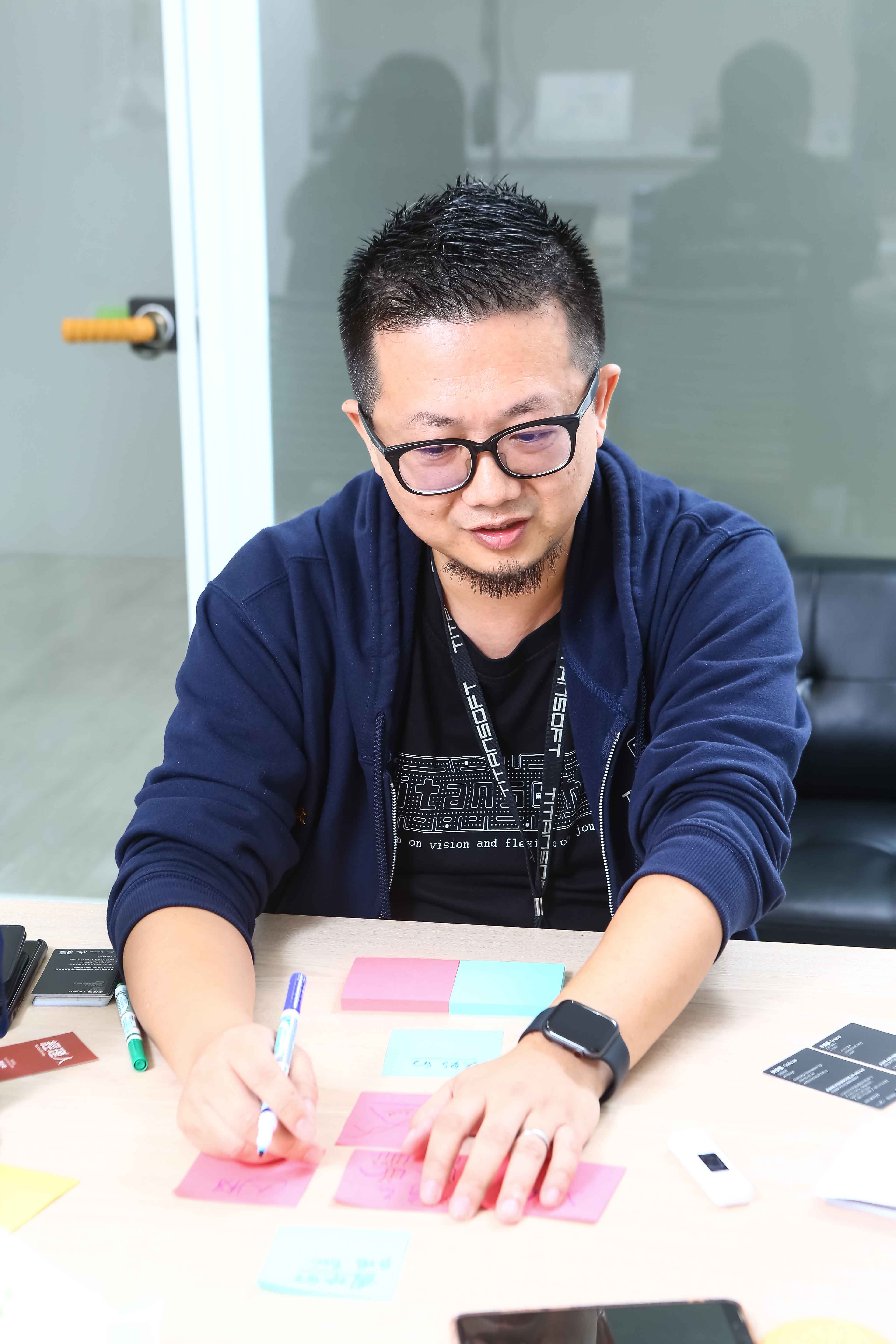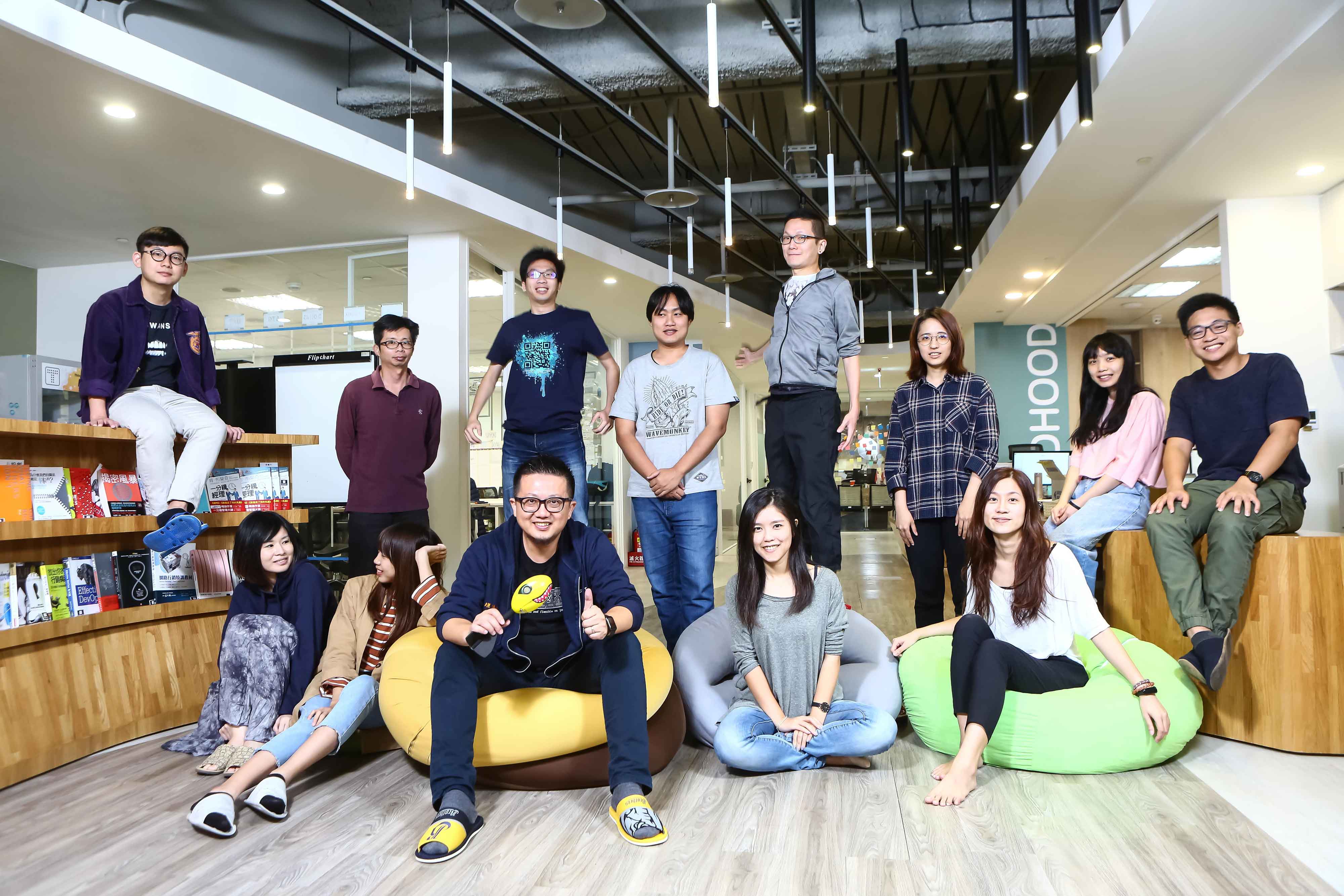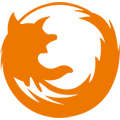Breaking Through the Challenges of "VUCA"! Titansoft Became the "Best Company to Work for in Asia" Five Years after Starting Their Transformation into an Agile Organization
Original content can be found at: https://www.managertoday.com.tw/trendtalk/view/49562

Founded in Singapore, Titansoft is a B2B software company that specializes in the development and maintenance of online entertainment gaming platforms, currently serving 5 million users from 150 countries. After the introduction of Agile, not only did their turnover rate reduce from 26% to 4%, this year's (2018) performance growth also increased fourfold and they were selected as one of the "Top Ten Agile Companies in the Asia Pacific".
Driven by Internal and External Factors to Adopt Agile
Agile thinking was not adopted purely for an internal transformation, but also for overcoming external challenges. In an analysis by Tomas Li general manager of Titansoft, the difficulty of grasping market changes with the volatility, uncertainty, complexity and ambiguity of the VUCA era is even more pronounced in the rapidly-changing technology industry that Titansoft is in.
Titansoft was facing the double dilemmas of "product" and "talent". On the product side, prediction of the next generation enterprise is dependent on exploring users' preferences derived from system data estimation. As the market becomes more unpredictable, it results in a declining demand for popular products. Talent-wise, a lack of systematic education and training due to rapid expansion led to an increased washout rate.
Creating a Flat Organization Through Self-managed Teams
In 2013, Titansoft's Taiwan branch had a turnover rate of about 26%, with the Singapore headquarters facing a similar issue of high turnover rate. Consequently, Agile management was adopted in 2014, establishing a people-oriented working environment with full employee participation and self-managed teams to accelerate the process of product development.
The first step of Titansoft's transformation was to flatten the organization by removing the middle layer and setting up more than ten working teams. Generally consisting of seven people, all members in a team can participate in a project discussion, taking responsibility of the product and working together on its development.
Secondly, to focus on empowering teams towards sell-management. Instead of waiting for instructions from the supervisor, teams work independently. They make the decisions - from working schedules to product performance and even bonus distribution. This trains the team's ability to think independently, allowing each member the opportunity to face different setbacks and challenges. The most important thing, Mr Li said, is continuous improvement. When you start feeling stressed and a little bit uncomfortable, that is the first step to entering the "learning circle".
Within the team, there is also a "Scrum Master" - who does not manage or give orders, but through keen observation, he identifies the problems that the team faces, facilitates the team to overcome difficulties, and allows the team to try, make mistakes and learn. At the same time, he gathers internal and external resources for the team. He guides members to execute work with an Agile mindset, makes improvements to the work processes, and encourage continuous growth of the team. "This role is not an easy one. He has to spend all his time helping the team with everything but the product. There are no more than ten full-time Scrum masters in Taiwan, and five of them are here in Titansoft," said Mr Li.
Agile is about responding quickly to market changes, speeding up production for market-ready products, strengthening and revising them according to market reactions and user needs. Repeating this cycle with continuous iteration and improvement to make useful and profitable products is what "done is better than perfect" means. Mr Li believes that all companies should always have a view towards the future, to always have a plan for what to do next, in order to ensure sustainable growth for the company.
The Three Stages of Shu Ha Ri (to Protect, to Detach, to Separate), an Enduring Commitment to Transformation
In order to adopt Agile, from as early as 2015, Mr Li brought nine members of the Taiwan office over to the Singapore headquarters for half a year to be directly immersed in the spirit of Agile. After returning to Taiwan, these employees became the seeds to promote Agile in the organization. Mr Li emphasized that Agile is not about organizational change, but rather about small incremental improvements. Starting with a pilot team, spreading to a department, and finally extending to the entire company. It took one and a half years to push the Agile mindset throughout the company of 220 employees.
Mr Li shared that when a company introduces a new method, it will experience the three stages of "Shu Ha Ri" (japanese for "to Protect, to Detach, to Separate"). When learning about the unknown, the first stage is "to protect" (shu) which is to absorb new knowledge, focus on how to do it, and learn from the strongest experts in that particular field. Then, work to follow established principles and frameworks, and practising repeatedly until they are mastered. The second stage, "to detach" (ha) refers to breaking through individual frameworks, entering into more diversified learning, and integrating various methods. The third stage is "to separate" (ri), to break away from norms and limitations, and create a new method according to one's understanding and experience, incorporating them into daily routines.

Mr Li pointed out that the transformation process of a company is in fact, about learning together with its members. The Four Stages of Competence in psychology transitions from the first stage of Unconscious Incompetence, "I don't know what I don't know", to the second - Conscious Incompetence, "I know what I don't know". When we are conscious of our incompetence, we will embark on a learning journey to acquire knowledge. This is the stage "to protect" (shu). The third stage of competence, Conscious Competence, is when "I know what I know". This corresponds to "detach" (ha), when we continue exploring, expanding and improving in the cycle of learning. The final stage is when "I don't know what I know", the stage "to separate" (ri), which is when we are no longer limited by any methods, a mindset directly reflected in our thinking and daily lives.
Titansoft's Agile transformation not only reflects in their working but also creates a comprehensive organizational learning environment encouraging employees towards continuous learning, innovation and progress. Titansoft's management philosophy is to "focus on your people before focusing on your products". Mr Li believes that in a VUCA era, the only constant is change. Other than making profits, a company should also pay attention to the learning and development of its employees, building talent capability and enabling the company to retain competitiveness in the face of future challenges.




